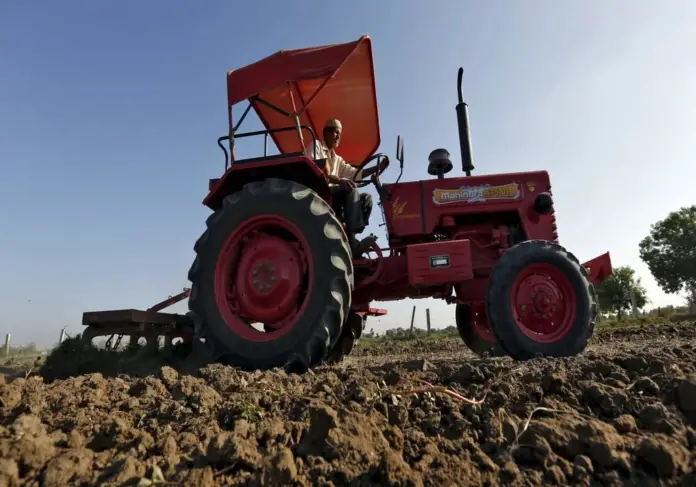Hoarders have made almost six to eight billion rupees to create artificial shortages of urea in Sindh and Punjab, farmers demanding an impartial inquiry into the scandal have said.
Fertilizer shortage has persisted in different districts of southern Punjab and the commodity has been sold at the rate of Rs2,500 to Rs2,700 in black against the official price of around Rs1,780 per bag.
The media reported that farmers held protests against the disappearance of fertilizer in Jhang, Khanewal and Rahim Yar Khan on Monday and Tuesday.
“We want an impartial inquiry. The government must set up high-level probe committee to fix the responsibility. The proposed committee must include leaders of independent farmer bodies,” says Ch Umair Masood, the president of Pakistan Kissan Ittehad.
Earlier in December, a parliamentary committee found that the gas supply disruption to fertilizer plants during last year’s summer period had resulted in a shortfall of 200,000 tons of urea.
Furthermore, 50,000 tons of urea was approved for import from China on an urgent basis by the Economic Coordination Committee (ECC) last Wednesday.
Meanwhile, the federal ministers have blamed the Sindh government for shortages, saying the province failed to check the smuggling of urea to Afghanistan.
Farmers have said that smuggling and low production due to unavailability of gas could be the factors behind shortages, but hoarding of the stock, with the connivance of district authorities and officials of the Punjab agriculture department, was the major reason behind urea scarcity during peak demand season.
It was the DAP (diammonium phosphate), farmers added, which disappeared from the market during high demand and price soared to Rs10,000 per 50 kilograms and then it was urea which was being sold at a 40 percent higher rate during need.
“Putting blame on Sindh could not be justified as federal government authorities (customs, Federal Board of Revenue (FBR), border security etc.) are responsible to check the smuggling at borders,” Masood told the Minute Mirror.
Sindh Abadgar Board leader Nawaz Shah said the commodity was unavailable to growers in different districts of the province during December, the month with a high demand of urea for the completion of wheat sowing season.
The media also reported that the Sindh government informed the federal government through a letter about the shortages in December, appealing to Islamabad to ensure supply to the growers.
Reports say Sindh sowed three million acres of wheat and the demand for urea for the crop was predicted as 1,45,000 bags. But the province received 94,000 bags against the demand from urea dealers till December 30, as per the Sindh agriculture department director-general.
Masood said the imported stock from China would have the least value for them. “The wheat window is closing for application of urea. We do not need fertilizer after a month. The unavailability of urea when it was needed will have the impact on yield,” he held.
The average local urea demand in Pakistan is around 6.1 million tons and the nameplate capacity of its production has now touched seven million tons, according to Engro Fertilizers Limited Chief Financial Officer Imran Ahmed.
Fertilizer companies release urea to dealers on the quota allocated by the federal government. The deputy commissioner of every district would oversee the distribution and control of urea.
Deputy Commissioner Khanewal shared a list of fertilizer supplies to district dealers on January 3 through his Facebook account. The list showed that 475 metric ton of urea was provided to dealers to meet the need of the farmers. However, several growers from Minachannu (tehsil of the district of Khanewal) told Minute Mirror that they did not receive a single bag from sale points on the day.
Farmers Wasif Ali Lamberdar, Munir Ahmed from Jandyali Bangla, Mian Umair, and Muhammad Ajmal said they went to every shop and did not receive urea. It was not a hard task for a government to detect the culprits behind shortages, they said.







